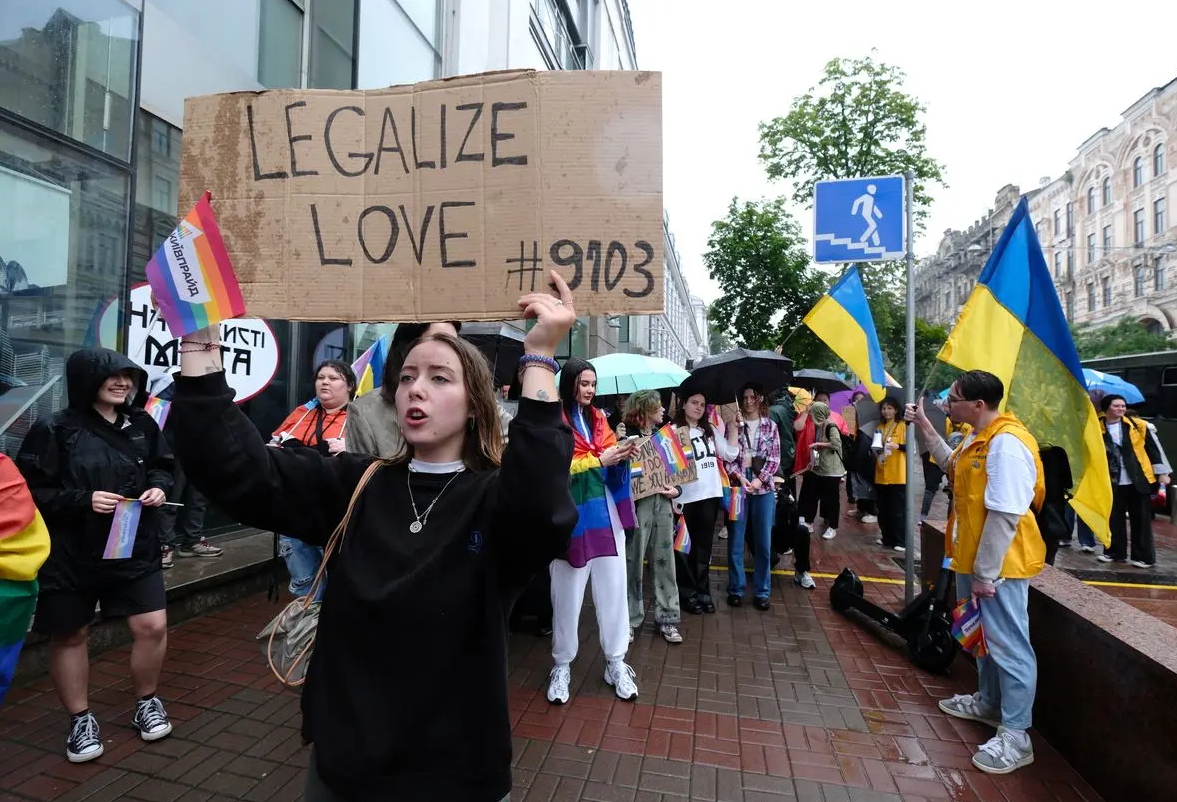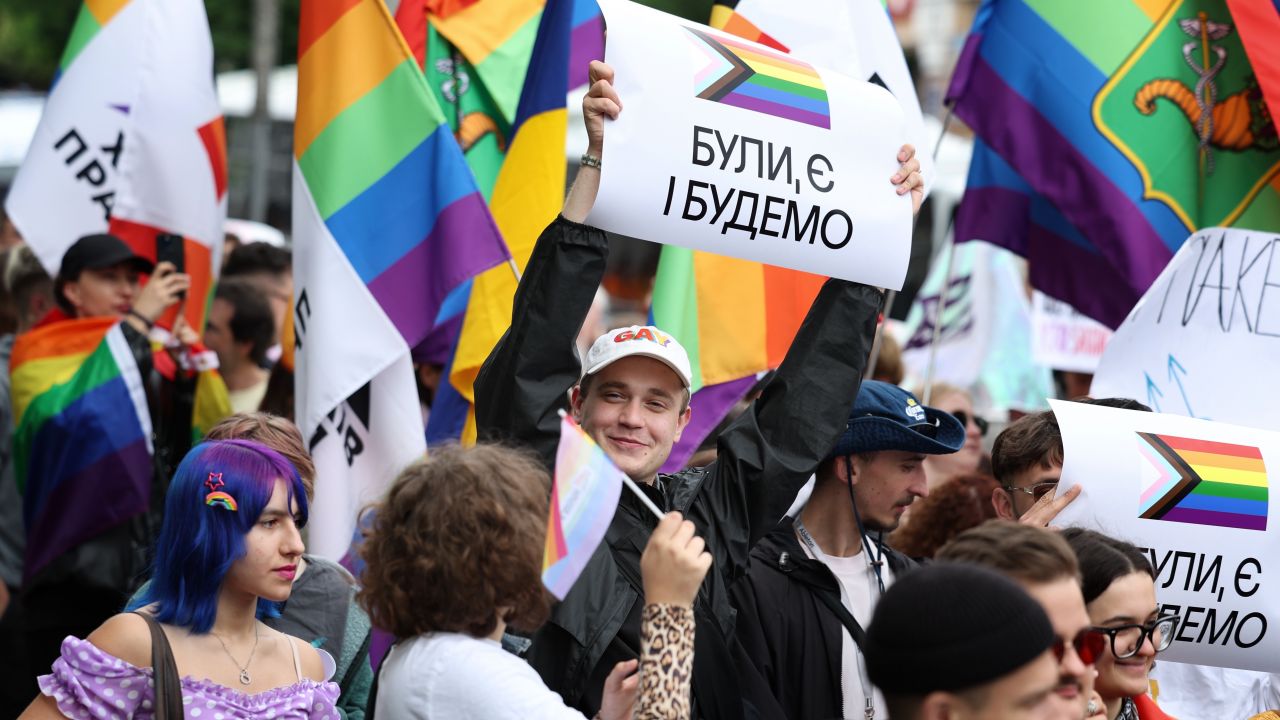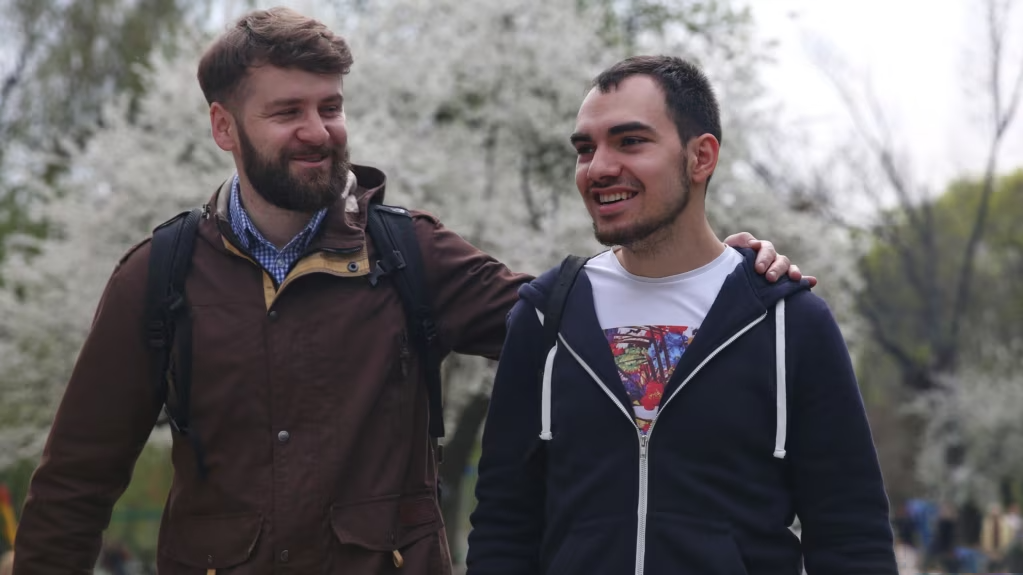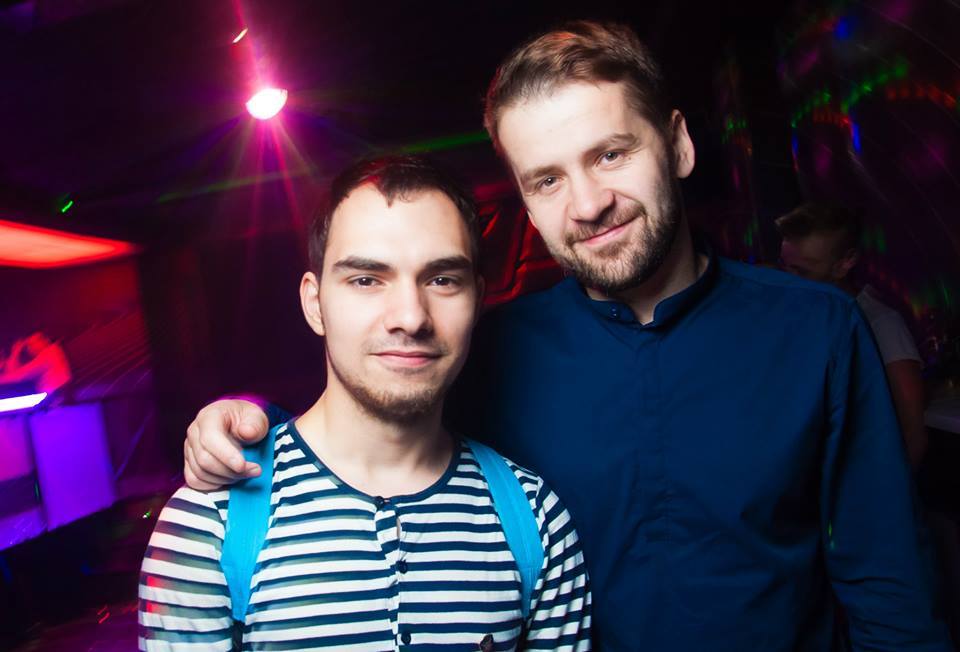Ukraine Court Recognises Same-Sex Couple as Legal Family for the First Time
For the first time, a Ukrainian court acknowledges a same-sex couple as a legal family, offering hope in a country where queer relationships remain unprotected by law.
Ukraine Court Recognises Same-Sex Couple as Legal Family for the First Time

For the first time, a Ukrainian court acknowledges a same-sex couple as a legal family, offering hope in a country where queer relationships remain unprotected by law.
A district court in Kyiv has taken a historic step toward LGBTQ+ rights in Ukraine by legally recognizing a same-sex couple as a family. This unprecedented court ruling offers hope to thousands of queer couples living without legal protection and signals a shift toward greater inclusion and equality in Ukrainian law.
Ukraine’s First Legal Recognition of a Same-Sex Couple
On June 10, 2025, the Desnianskyi District Court of Kyiv formally acknowledged a same-sex couple as a legal family. This ruling marks the first time a Ukrainian court has recognized a same-sex relationship as equivalent to a marriage, setting a vital precedent for LGBTQ+ families in the country.
The case involves Zoryan Kis, a Ukrainian diplomat, and his partner Tymur Levchuk. The couple has lived together since 2013, held a civil wedding in 2017, and legally married in the United States in 2021. When the Ukrainian Ministry of Foreign Affairs refused to recognize their relationship and denied Tymur permission to join Zoryan on a diplomatic assignment in Israel, they filed a legal challenge.
No Civil Partnerships, No Marriage Equality in Ukraine
Ukraine currently does not recognize same-sex marriages or civil partnerships. The Ukrainian Family Code defines marriage strictly as a union between a man and a woman. Although a draft civil partnership bill was introduced in 2023, it has stalled in Parliament and remains without approval.
This lack of legal recognition has left same-sex couples in Ukraine without basic rights such as inheritance, medical decision-making, joint property, or family reunification. The court’s ruling in the Kis and Levchuk case breaks that silence and provides a legal pathway forward.

How the Court Recognised Their Family
In court, the couple presented evidence of their shared life: financial records, photos, travel documents, and testimonies from friends who confirmed they had lived as a committed couple for over a decade. The court concluded that their relationship met the criteria of a de facto marriage.
The ruling cited Article 21 of Ukraine’s Constitution, which guarantees equality and human dignity. It also referenced a 1999 Constitutional Court decision that broadened the legal definition of family to include people who live together and share responsibilities, even if they are not married or related by blood.
Ukraine’s Human Rights Obligations
Ukraine is a member of the Council of Europe and is therefore bound by the European Convention on Human Rights. The court acknowledged decisions from the European Court of Human Rights including Schalk and Kopf v. Austria, Fedotova and Others v. Russia, and Maimulakhin and Markiv v. Ukraine.
These cases make it clear that states must provide legal recognition and protection to same-sex families. By failing to do so, Ukraine has been in violation of Article 8 of the European Convention, which protects the right to respect for private and family life. This court ruling helps Ukraine begin to align with those obligations.
A Historic LGBTQ+ Rights Victory in Ukraine
While the court decision does not change national legislation, it establishes a critical precedent. It is the first time a Ukrainian court has ruled in favour of recognizing a same-sex couple as a legal family under both domestic and international law.
In a public statement, Zoryan Kis described the decision as a small victory in a much larger struggle for marriage equality in Ukraine. He and Tymur had not set out to change the system. They simply wanted to live together legally, without being separated by bureaucracy.

Public Support Grows but the Law Lags Behind
According to a 2024 poll by the Kyiv International Institute of Sociology, 70 percent of Ukrainians believe LGBTQ+ people should have equal rights. However, legal reform continues to stall due to political inertia.
The civil partnership bill introduced by MP Inna Sovsun aims to grant same-sex and heterosexual couples access to basic legal protections such as inheritance, hospital visitation, and shared assets without granting them full marriage status. The bill remains stuck in committee.

What Happens Next
Unless the court’s ruling is appealed, it will become legally binding on July 10. The Ministry of Foreign Affairs has so far declined to comment on the case. However, the legal precedent could have implications for other Ukrainian same-sex couples seeking recognition, especially in international contexts.
LGBTQ+ advocacy groups including Insight and UPOGAU have called the ruling historic. They say it reflects not only progress in the courts, but a wider shift in public consciousness.

Marriage Equality in Ukraine: A Long Road Ahead
Ukraine is still far from legalising same-sex marriage, but this ruling is a step toward greater inclusivity. It is a sign that domestic courts can begin to uphold international human rights law, even when national legislation lags behind.
By recognising the reality of Zoryan and Tymur’s shared life, the Ukrainian legal system has taken a meaningful step toward justice. It acknowledged that family is defined not by legal paperwork alone, but by love, commitment, and care.
Love is not a legal exception. Equality is not a political luxury. It is a right, and Ukraine is finally starting to act like it.
Written by Lex Melony

Get weekly updates
.png)
Join Our Newsletter
Get a weekly selection of curated articles from our editorial team.




.svg)











